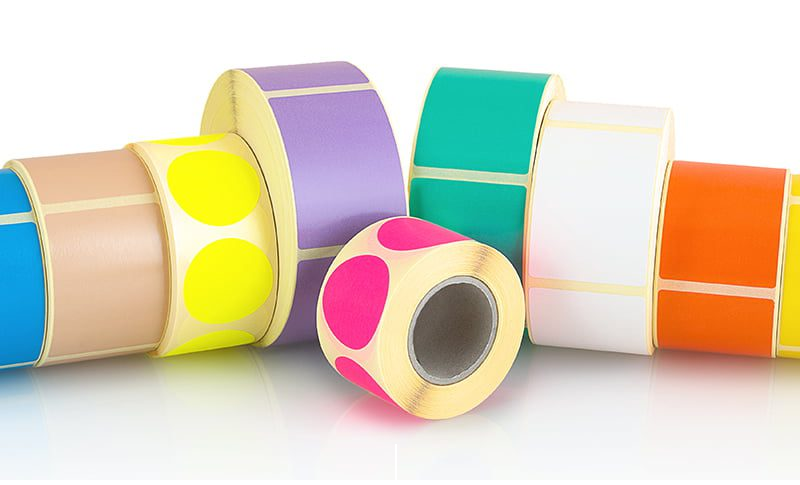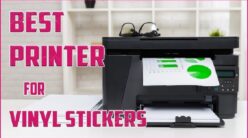Private labeling is a practice of manufacturing products under a brand name owned by a company or an individual instead of the manufacturer’s name. It is becoming increasingly popular in the cosmetic industry. The cosmetic private label manufacturers provides a plethora of benefits that can help businesses grow.

Private label products are preferred by today’s consumers due to their high quality, consistency, and affordability. Because of lower price points, private label goods maintain steady sales even during economic downturns.
Manufacturers can benefit from the market’s overall stability and inelasticity because retailers are less likely to freeze orders during difficult times. In fact, during economic downturns, most retailers will increase their order quantities because private label goods become more popular.
In this blog post, we will discuss the benefits of cosmetic private labeling.
- Increased Profit Margins One of the most significant benefits of private labeling in the cosmetic industry is increased profit margins. When companies purchase products from manufacturers, they are usually sold at a higher price than the manufacturing cost. However, private labeling can help businesses save money by buying products directly from the manufacturer without intermediaries, reducing production costs and increasing profit margins.
- Customization Private labeling allows businesses to customize their products to fit their specific needs. Companies can choose the product’s packaging, colour, scent, and ingredients to match their brand image, customer preferences, and target market. Customization can help businesses differentiate themselves from competitors and create a unique selling point.
- Brand Awareness Private labeling can help businesses create brand awareness by promoting their brand on product packaging, labels, and marketing materials. The company can create a consistent look and feel across all its products, which helps in brand recognition. Building a strong brand image can help businesses establish customer trust and credibility, leading to increased sales.
- Faster Time to Market development a new product from scratch can take time and resources. However, private labeling can help businesses bring new products to market faster. Instead of investing time and resources in developing new products, companies can choose products from the manufacturer’s catalogue and customize them according to their needs. This can save businesses time and money and help them capitalize on market trends.
- Quality Control Manufacturers that produce products for private labeling often have strict quality control procedures to ensure that their products meet regulatory requirements and customer expectations. Private labeling businesses can benefit from the manufacturer’s quality control processes, ensuring that their products meet the highest quality standards.
- Lower Risk Launching a new product can be risky for businesses, especially if they are starting. Private labeling can help enterprises to reduce their risk by offering a proven product with a track record of success. The best private label makeup manufacturers can minimize their risk and focus on marketing and sales by choosing products that are already in demand.
- Flexibility Private labeling offers businesses a high level of flexibility regarding product development. Companies can choose from various products and customize them according to their needs. They can also change the product line as their business grows or market trends change.
- Increased Customer Loyalty Private labeling can help businesses build customer loyalty by offering high-quality products that meet their needs. Businesses can create a loyal customer base that trusts their products and brand by customising products and creating a unique brand image.
- Scalability Private labeling can help businesses scale up their operations quickly without incurring high costs. As demand for their products increases, companies can order larger quantities from the manufacturer, reducing production costs and increasing profit margins.
What is the importance of private labeling on cosmetic products?
Private labelling is used in a variety of industries, including cosmetics, household cleaners, and food. As a product manufacturer, private labelling may present an excellent opportunity for increased profits, reduced competition, and a variety of other benefits.
Private labels, though commonly referred to as “generic,” are anything but: they compete with brand-name products and are typically sold at lower prices. Private labelling is a popular type of merchandising that can provide positive returns on investment for both store owners and manufacturers.
How can private labeling enhance businesses?
By leveraging private labeling, businesses can focus on marketing and sales while leaving product development and manufacturing to the experts. Overall, private cosmetic labeling is an excellent way for businesses to grow and succeed in a highly competitive industry.
Private labels, also known as store labels, are exclusive labels owned by a specific store. They are the packaging and brand names that are unique to each store. Walmart’s “Great Value” brand, Costco’s “Kirkland” brand, and Kroger’s “Private Selection” brand are all examples which are regarded as prominent examples in this industry.
Building a customer base, designing products, and launching marketing campaigns all require a strong sense of brand personality. If you own a business, you understand how costly and time-consuming branding can be.
The retailer’s private label brand is used for private label products. It is the end retailer’s responsibility to design the manufacturing, packaging, and marketing – not yours as the creator of the good, thereby avoiding additional costs. You only pay the product cost, with no additional fees for brand recognition or costly marketing campaigns.
Final Thoughts
Sticker label manufacturers of goods can sell their products for private labelling as well as create their own brands. Kraft, for example, produces products under the Planters Peanuts brand name as well as private label names. This has the advantage of marketing a product to larger retailers who will sell it in the retailer’s brand packaging, thereby expanding reach and sales potential.
In conclusion, private cosmetic labeling offers a range of benefits for businesses in the cosmetic industry. It can help companies to increase their profit margins, customize their products, build brand awareness, and reduce risk. It also offers businesses flexibility, quality control, increased customer loyalty, and scalability.





